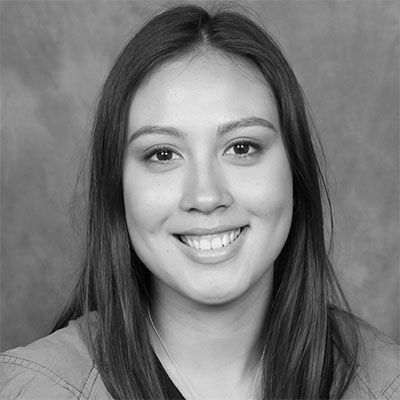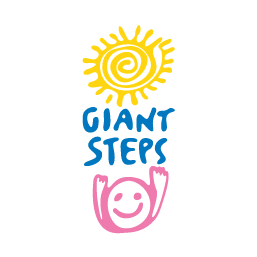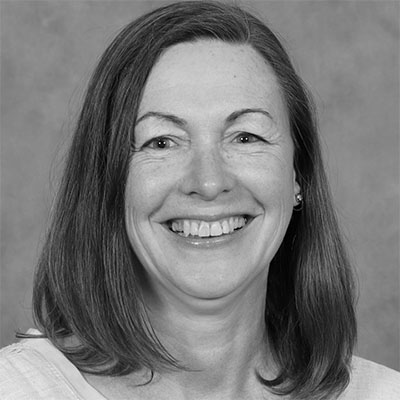Secondary School
SYDNEY
Secondary School
SYDNEY
The Giant Steps Senior School focuses on delivering our students a wide variety of experiences and new opportunities, while also fostering their independence and well-being through adolescence.
Our secondary students access the Life Skills Curriculum.
For years 7-10, students are taught English, Maths, Science, PDHPE, History, LOTE (one language each year), Geography, Technology, Visual Arts and Music. In years 11 and 12, students learn from the Stage 6 Life Skills Curriculum in the subject areas of English, PDHPE, Technology, Work and the Community, Creative Arts and HSIE to receive their HSC.
Teachers and therapists work closely with families to support our students through what can be a tumultuous time for any teen. We focus on our students’ social, emotional and physical development as a key component to their education. Subsequently, our PDHPE curriculum is centred on their Activities of Daily Living (e.g. independence in eating, hygiene, self-care etc) and our Becoming Me program to develop students’ understanding of safety, privacy, and the changes that they go through during adolescence. Our Outdoor Education program supports students to participate in a range of activities, including bushwalking, kayaking, river hiking, bike riding, and overnight hikes, expanding their interests and activities that they can participate in throughout their lives. This emphasis on inclusion and independence is continued with School Camps, with at least one opportunity each year for all students to go on a camp tailored to their needs and interests.
Vocational education is also a key component to the secondary program, aiming to give students different experiences, while also responding to their individual strengths and interests. This program aims to optimise our students’ opportunities in their post school environments through both off- and on-site programs, as well as teaching students the skills, independence and knowledge that they will need into young adulthood and beyond.
Each year, families receive two academic reports pertaining to individual student learning goals. Regular communication is conducted via newsletters, emails, phone calls, photographs and face to face meetings.

Giant Steps Sydney
Telephone:+61 2 9879 4971

Naomi Signo
Co-Director SecondaryNaomi completed her Bachelor of Arts and Bachelor of Education (Primary) at Macquarie University and has been a teacher at Giant Steps Sydney since graduating in 2016. She has worked across both Primary and Secondary education programs and is now currently the Co-Director of Secondary.
In 2018-2019 Naomi supported a school-based research project, focusing on effective literacy and adaptation for students with additional learning needs. During her time at Giant Steps, she has worked closely with a transdisciplinary team and found great interest collaborating with music therapists to create engaging resources for students with various learning styles.
To support students’ transition into post-school environments, there are extensive vocation education activities.

